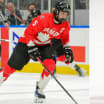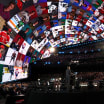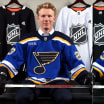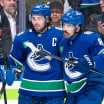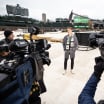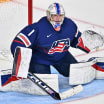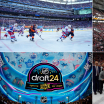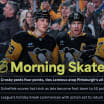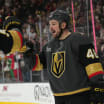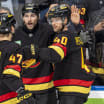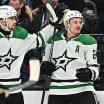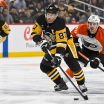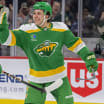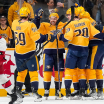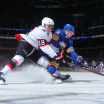The only sure thing about Game 7 of the Eastern Conference First Round between the Boston Bruins and Toronto Maple Leafs at TD Garden on Wednesday (7:30 p.m. ET; NBCSN, CBC, TVAS, NESN) is what will take place on the ice after the game. The post-series handshake line is one of the NHL's great traditions, a few gentlemanly moments following four, five, six or seven punishing Stanley Cup Playoff games.
In many ways, the handshake line is a contradiction: Players who have been bruising each other in every second of every game line up to shake hands and wish each other well. One team has advanced to the next round or has won the Stanley Cup; the other is vanquished into the offseason. The handshake tradition has endured, evolved, and today it is a compelling scene at the end of hard-fought playoff series.
Playoff handshake line a winning tradition
Bruins, Maple Leafs will carry on post-series custom following Game 7
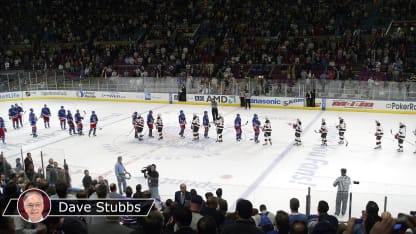
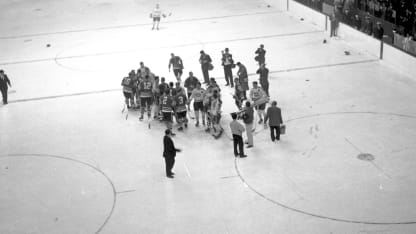
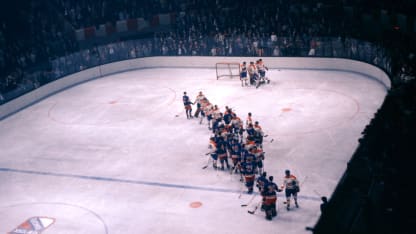
© Bruce Bennett/Getty Images
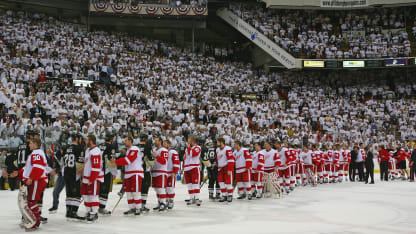
© Bruce Bennett/Getty Images
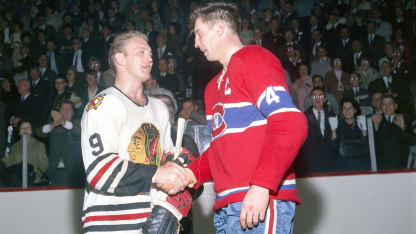
© Alain Brouillard
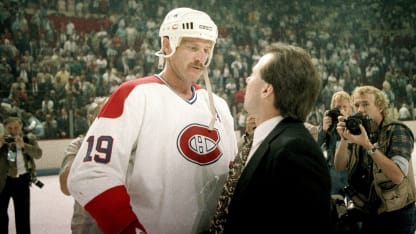
© Denis Brodeur/Getty Images
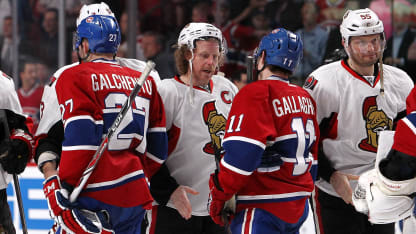
© Francois Laplante/FreestylePhoto/Getty Images


